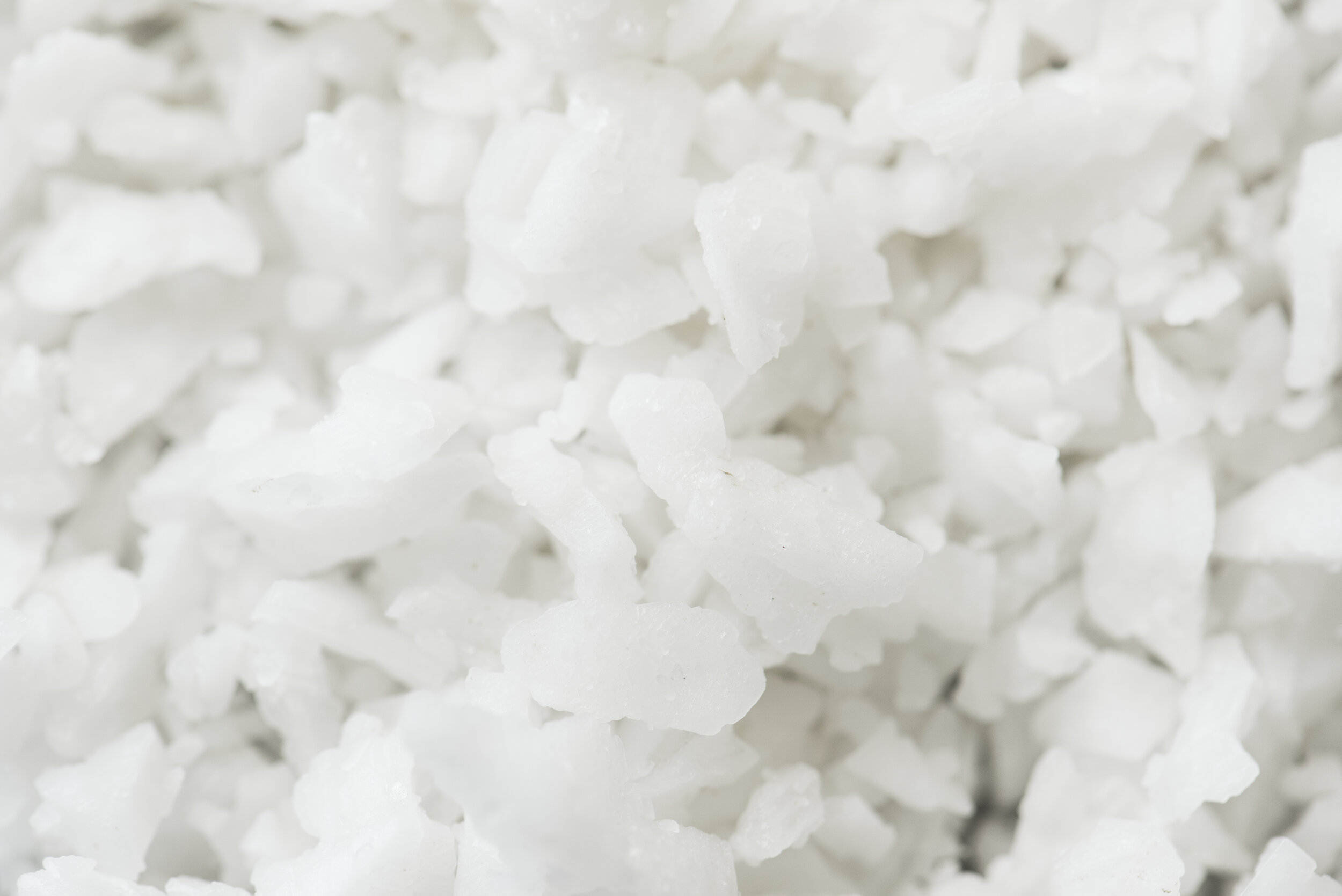
Chemical Product Range






Download Credit Application Here.
Want to speed up the process? Go ahead and complete a credit application.
Contact us
Head Office : 031 303 8143
Director KwaZulu Natal: Wade Heath - 082 786 7301
wade@forestchem.co.za
Director Gauteng: Sean Perry - 076 459 9433
sean.perry@forestchem.co.za
General Manager: Tatenda Nyakudya - 073 002 2388
tatenda@forestchem.co.za
Water treatment division: Liz De Vincentiis - 082 839 7584
liz@forestchem.co.za
Durban Offices, Pinetown (Unit 12B Leachwood Park, 8-10 Hendred Road, New Germany)
Warehouse in Durban, Pinetown (Unit 11C Leachwood Park, 8-10 Hendred Road, New Germany)
Warehouse in Johannesburg, Boksburg
Warehouse in Cape Town, Killarney Gardens



